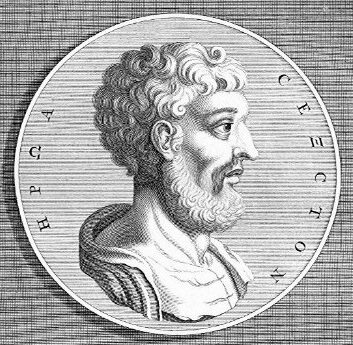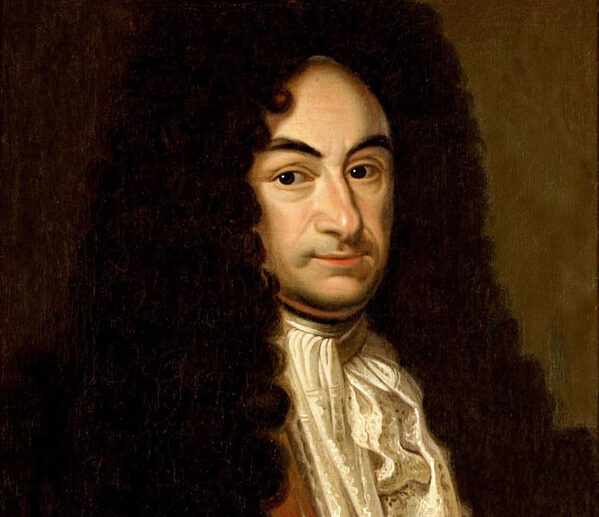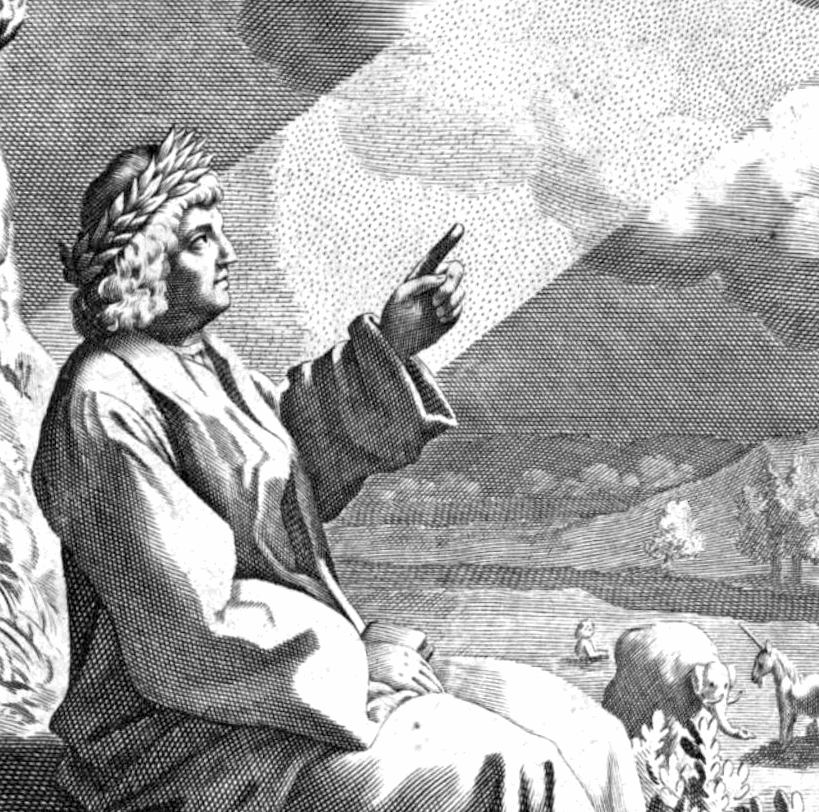Articles
philosophy
-

In the fourth edition of the Diagnostic and Statistical Manual of Mental Disorders (DSM-IV-TR), obsessive-compulsive disorder (OCD) can be diagnosed with a specifier of ‘with poor insight’ whenever the individual does not recognize that the obsessions or compulsions are excessive or unreasonable” (300.3). Yet some insight must have occurred, since by definition, adults with Obsessive-Compulsive Disorder have…
-
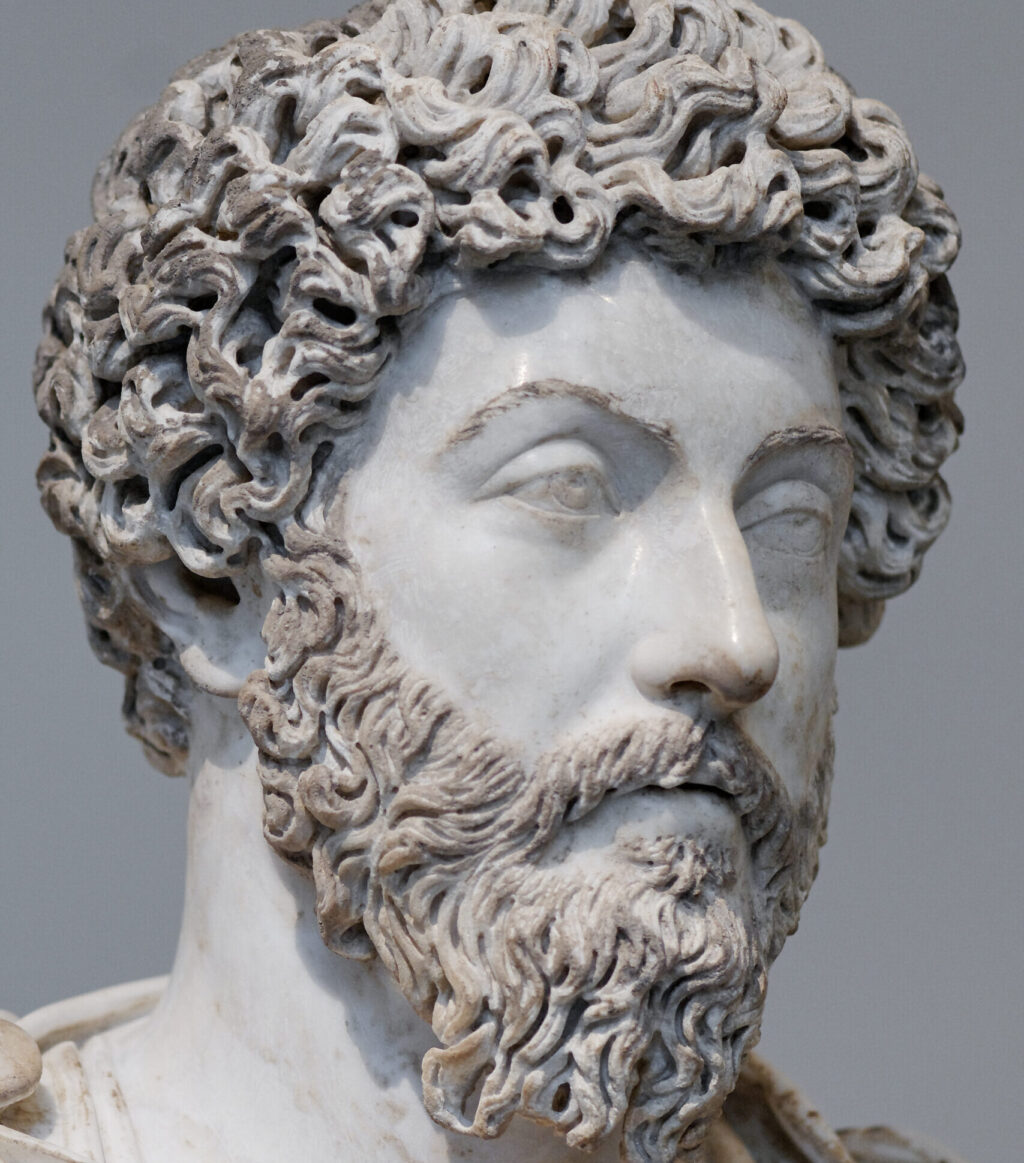
In Book 6 of his Meditations, Marcus Aurelius makes some remarks about the character of Antoninus Pius, his predecessor as Emperor of Rome, and his adoptive father. Marcus warns himself against being seen as like Julius Caesar, and says to avoid this he must live a good and humble life and conduct his duties in such…
-
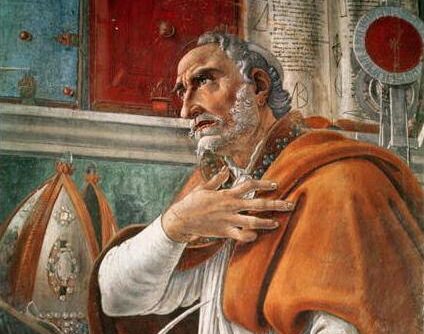
In Book I, Chapter VII of his Confessions, Augustine makes some comments on the innocence of infants. I’m not a huge fan of religious philosophy, but I found this passage kind of amusing. Augustine says that the actions of infants are “reprehensible” (8), the way they cry loudly for nourishment, constantly demanding the attention of their…
